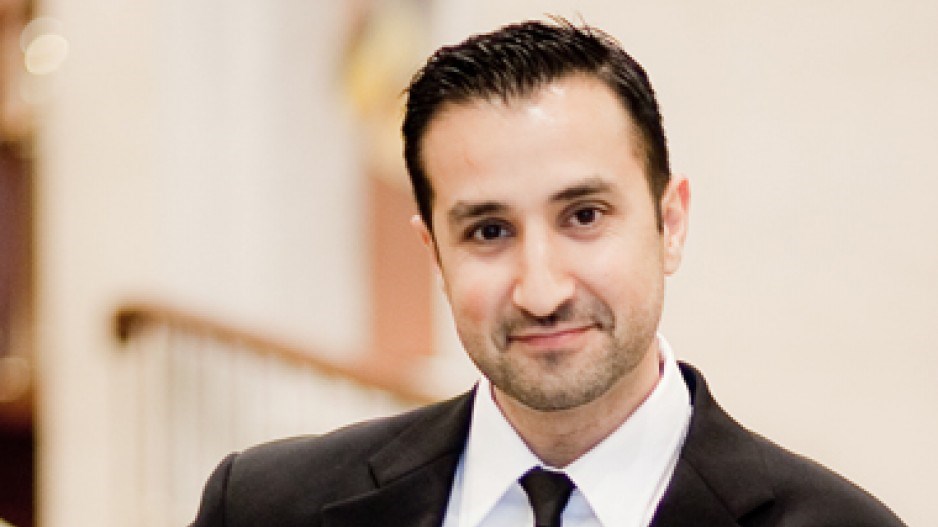"Trust your gut."
The phrase is often heard in reference to decision-making, both personal and professional.
But as Feras Elkhalil has learned, it is not as easy as it sounds because your gut is often telling you two different things.
"The first voice is always, 'I don't know, I think this is a bad idea," said the president of WPCG Recruitment Consultants. "And the second voice is trying to sell yourself into it."
Elkhalil said that listening to the wrong voice has had some expensive consequences for his company.
When WPCG needed new software, it entered into an agreement with a company that agreed to supply what it needed.
The software company seemed to fit the bill perfectly – a little too perfectly, Elkhalil thought.
"They're amazing at what they do," he said. "I just had a feeling that someone was going to come in and pick them up."
He convinced himself that everything would be OK with the deal. "I just decided to give them the benefit of the doubt."
His fears came true. "Wouldn't you know it? We signed the deal and they got bought out, as I thought would happen. Now the new company is going to charge us double." WPCG took a big hit, Elkhalil said, because he hadn't trusted his instinct.
He has been seeing a business coach for four years and has been working to develop trust in his intuition.
"It's not a formula or intellectual assessment," he said. "It's a reaction that you have, and you hone it in and you can tell."
Recently, Elkhalil had a chance to exercise his growing ability to follow his first instincts. His sales manager was hiring a new employee and was trying to sell him on a candidate.
"He said, 'I like this guy, but here's the story.' And I said, 'You know what? If we're going to have to hear a story, I don't want this guy.'" The next morning, the sales manager agreed and cancelled the meeting.
"So it's been working out. You stop misfiring."
On not having a blueprint for learning to trust your intuition | "It's funny because you don't read this in business books. You're kind of taught 'Trust your gut,' but there's no real book that identifies [what this means]. It's key that when you're diagnosing, you're listening to your initial reaction."
On facing your fears | "You are your own worst enemy. You make assumptions; that's what we do as humans. But it's often not as bad as you made it out to be. When you face them and handle them straight on, you think to yourself, 'Why didn't I do this sooner?'"




